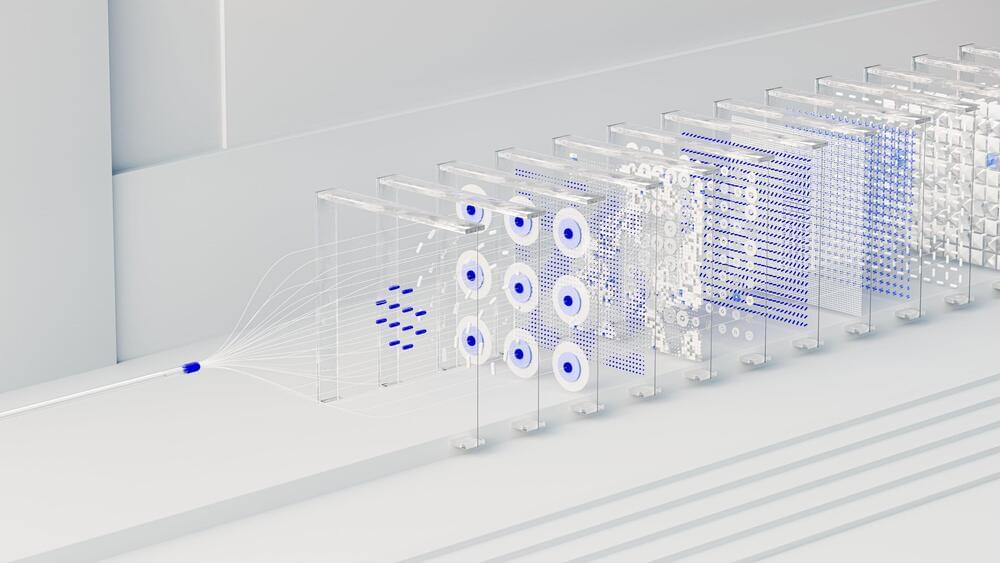Artificial intelligence already wears multiple hats in the workplace, whether its writing ad copy, handling customer support requests, or filtering job applications. As the technology continues its ascent and capabilities, the notion of corporations managed or owned by AI becomes less far-fetched. The legal framework already exists to allow “Zero-member LLCs.”
How would an AI-operated LLC be treated under the law, and how would AI respond to legal responsibilities or consequences as the owner/manager of an LLC? These questions speak to an unprecedented challenge facing lawmakers: the regulation of a nonhuman entity with the same (or better) cognitive capabilities as humans that, if left unresolved or poorly addressed, could slip beyond human control.
“Artificial intelligence and interspecific law,” an article by Daniel Gervais of Vanderbilt Law School and John Nay of The Center for Legal Informatics at Stanford University, and a Visiting Scholar at Vanderbilt, argues for more AI research on the legal compliance of nonhumans with human-level intellectual capacity.









Comments are closed.